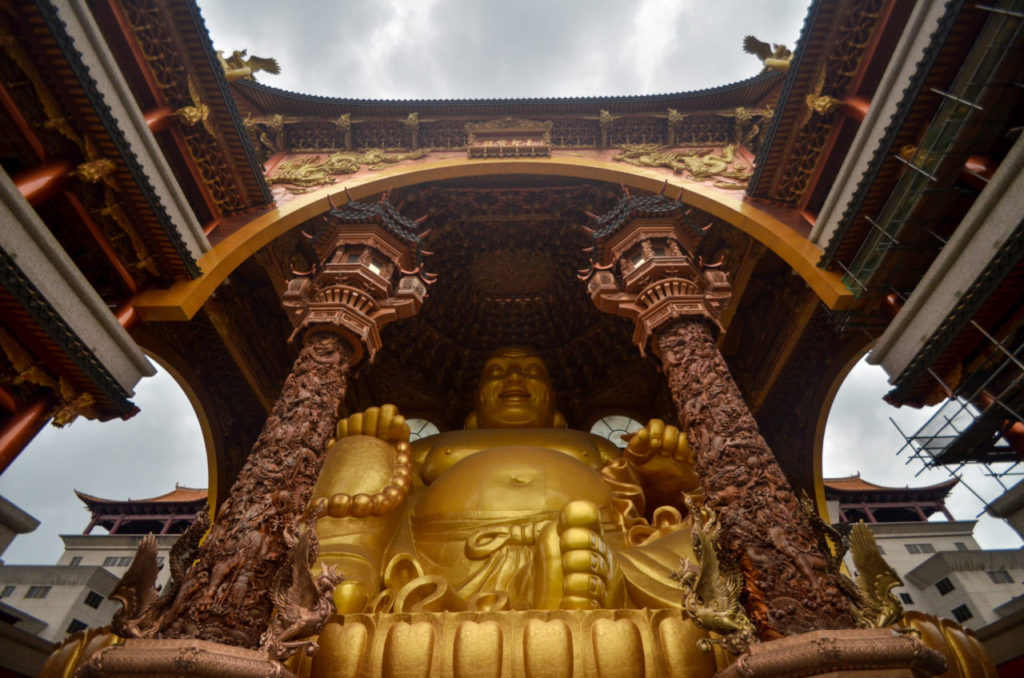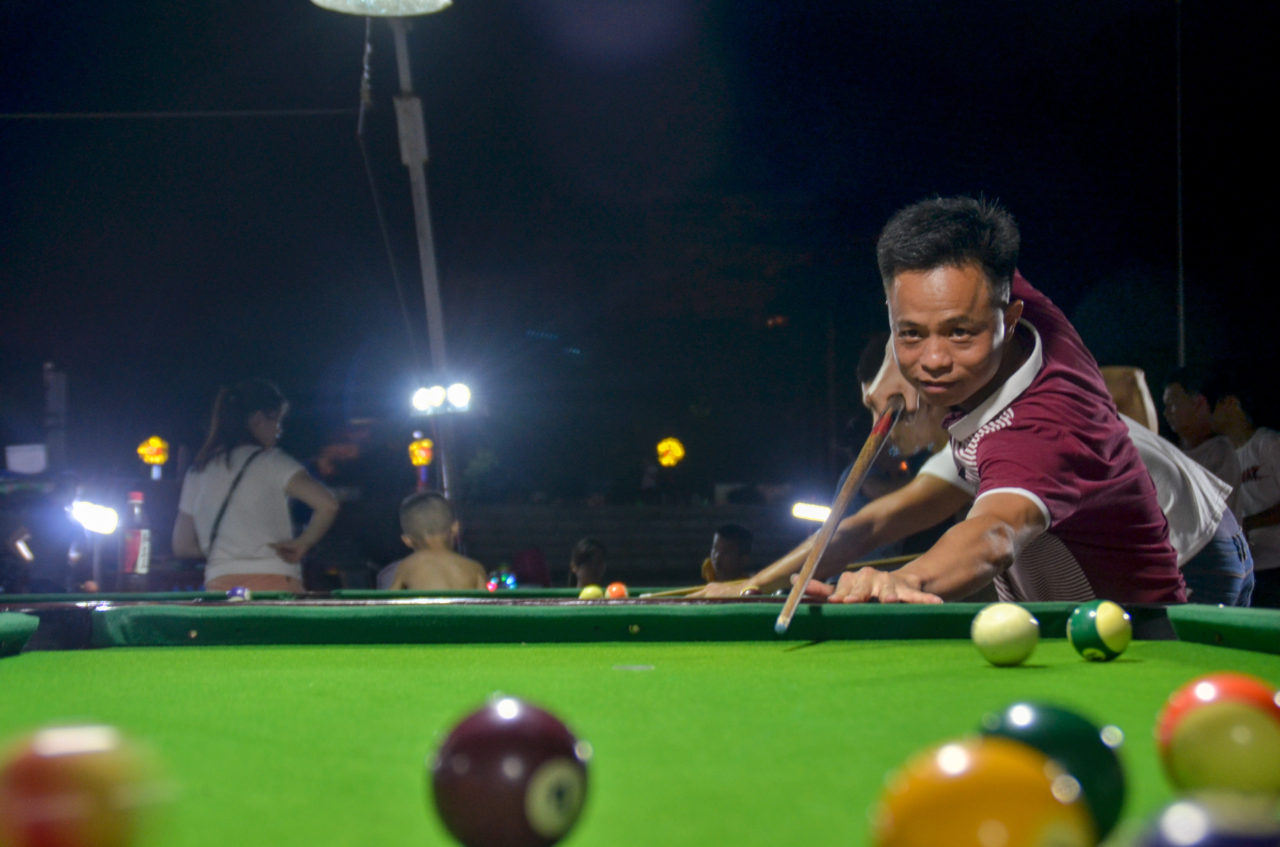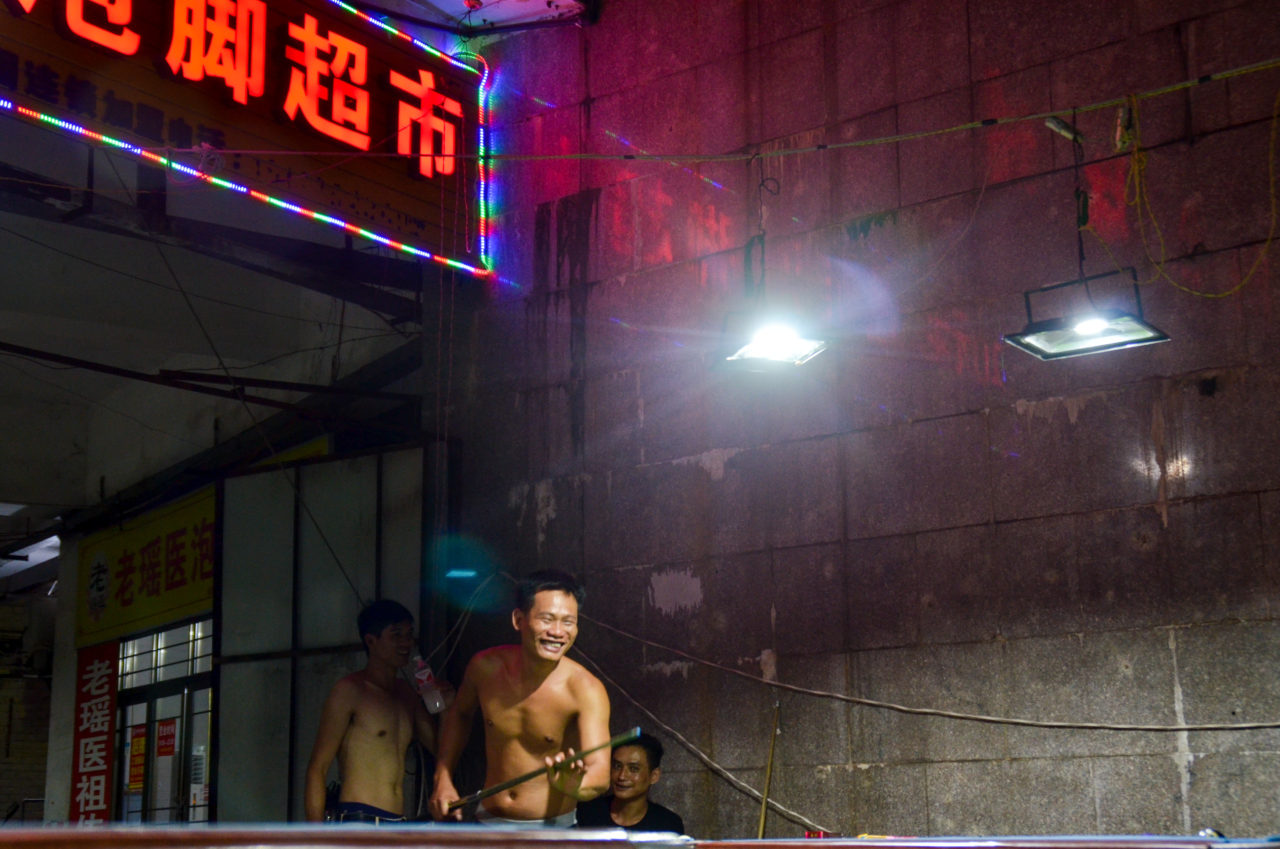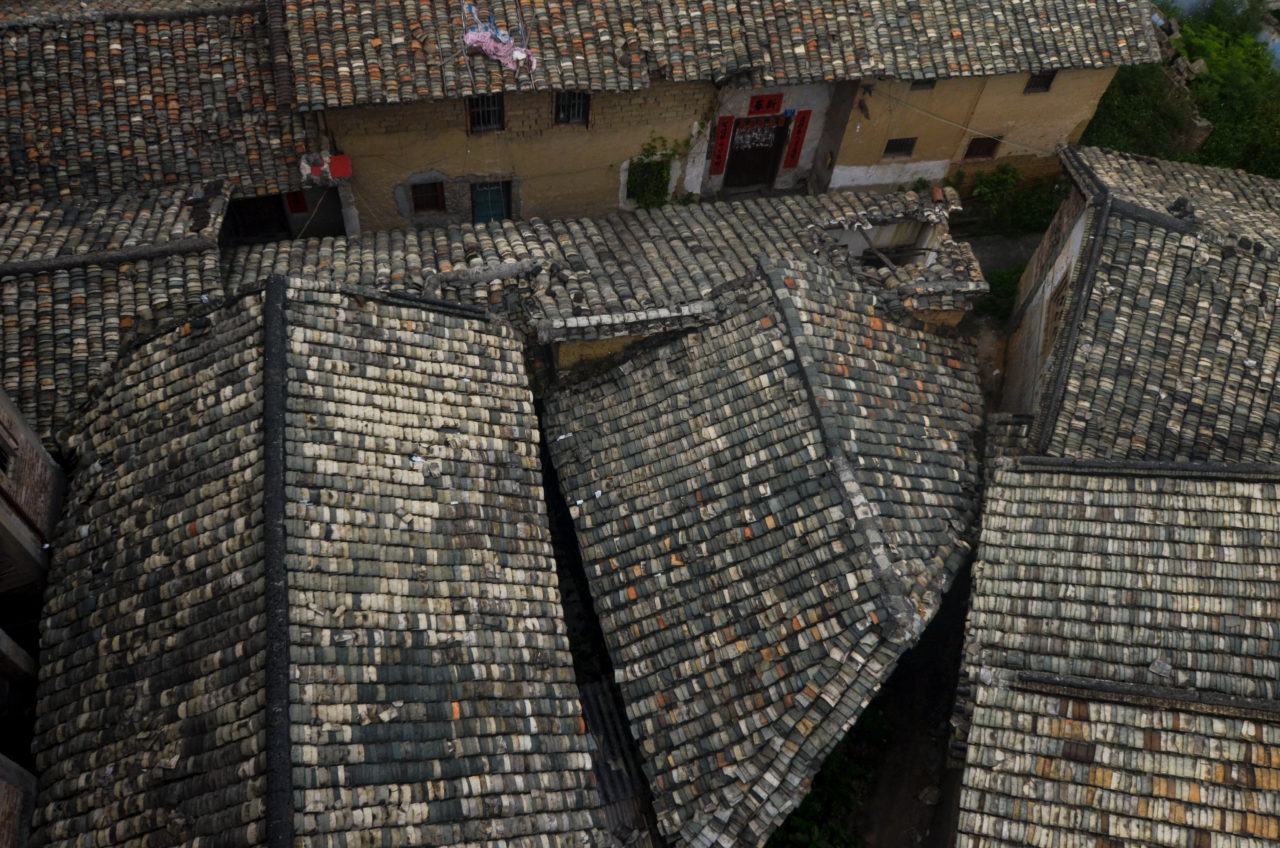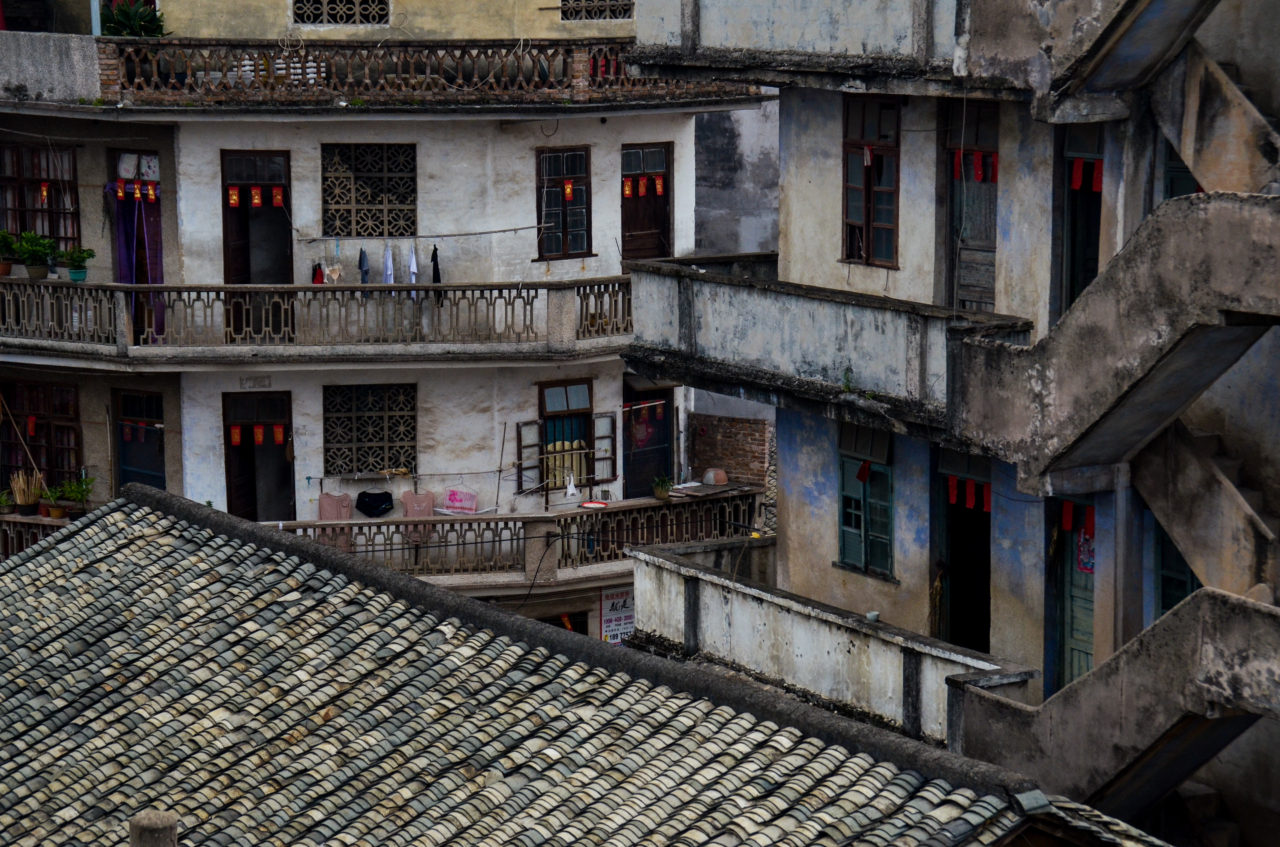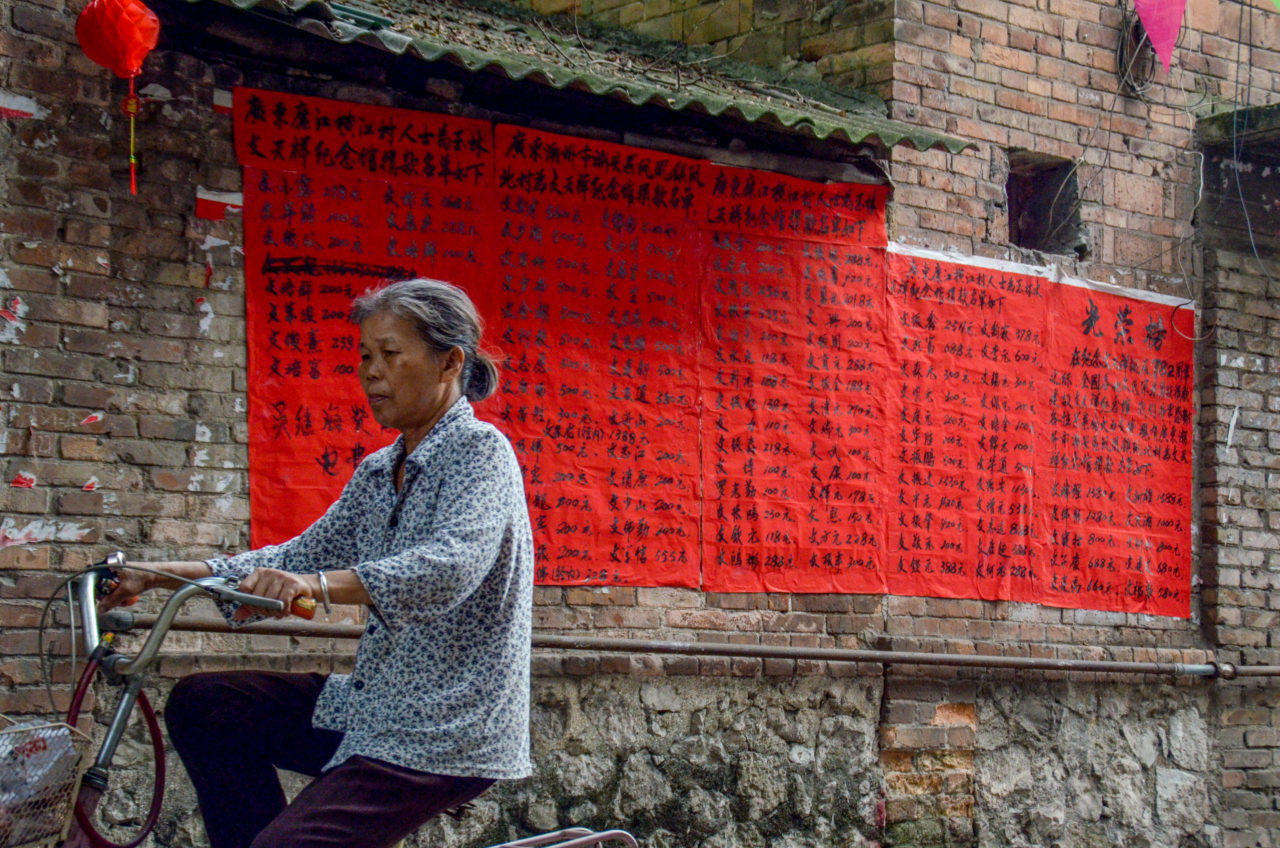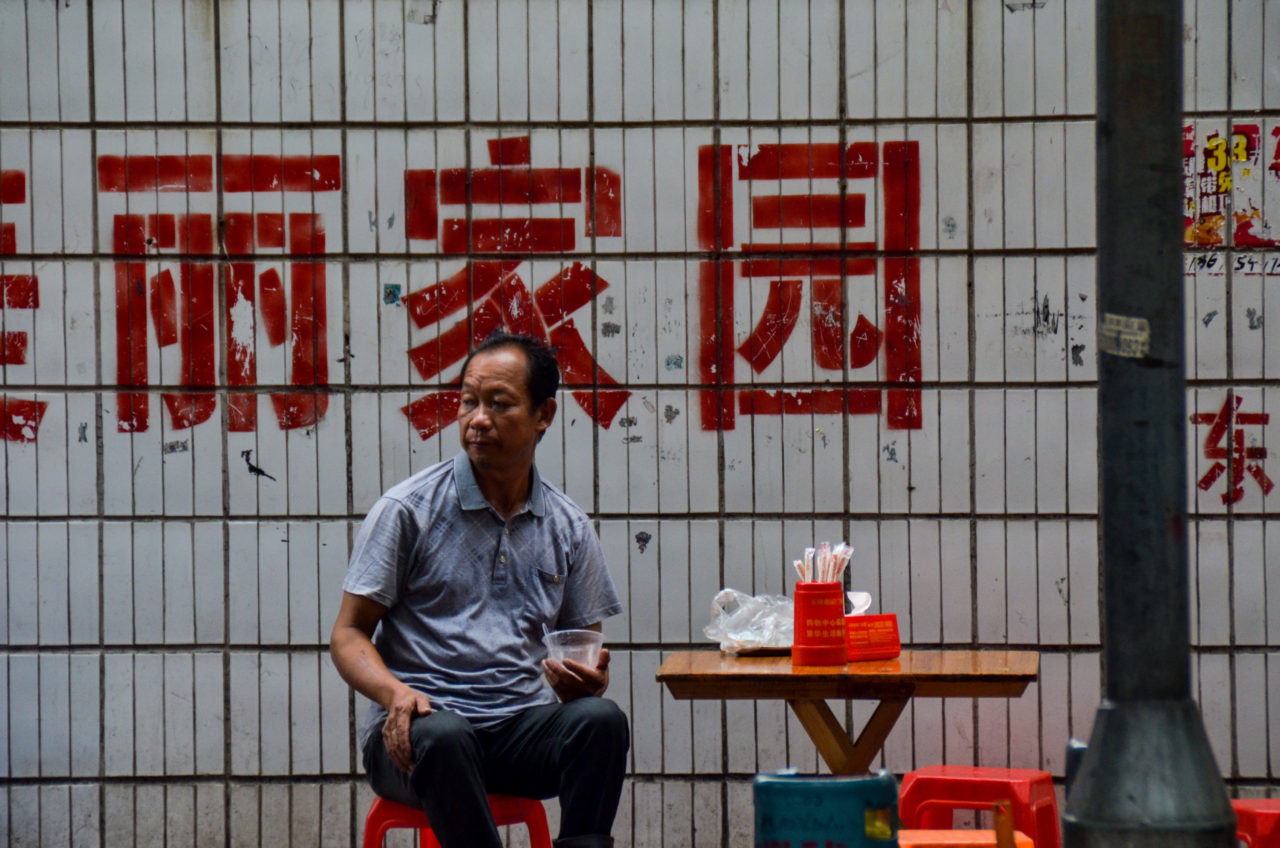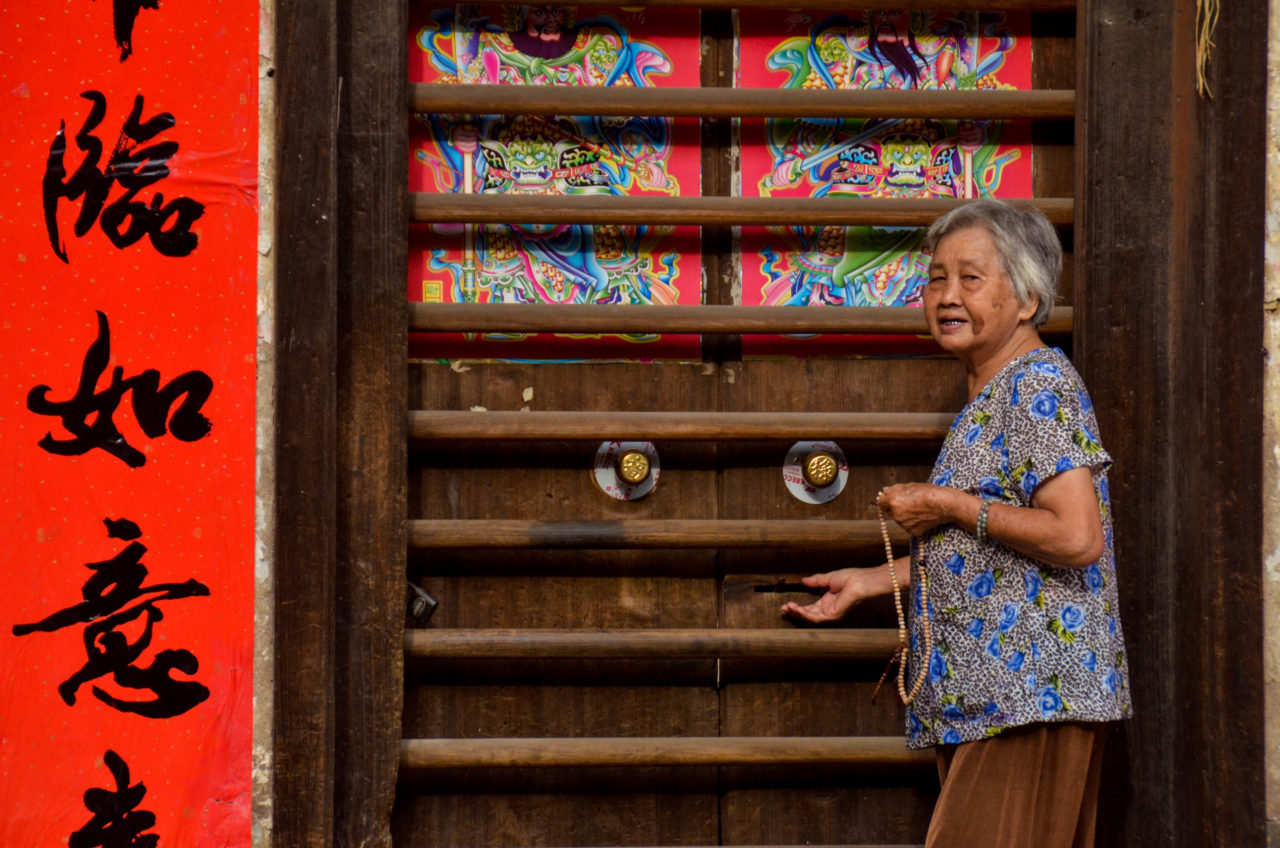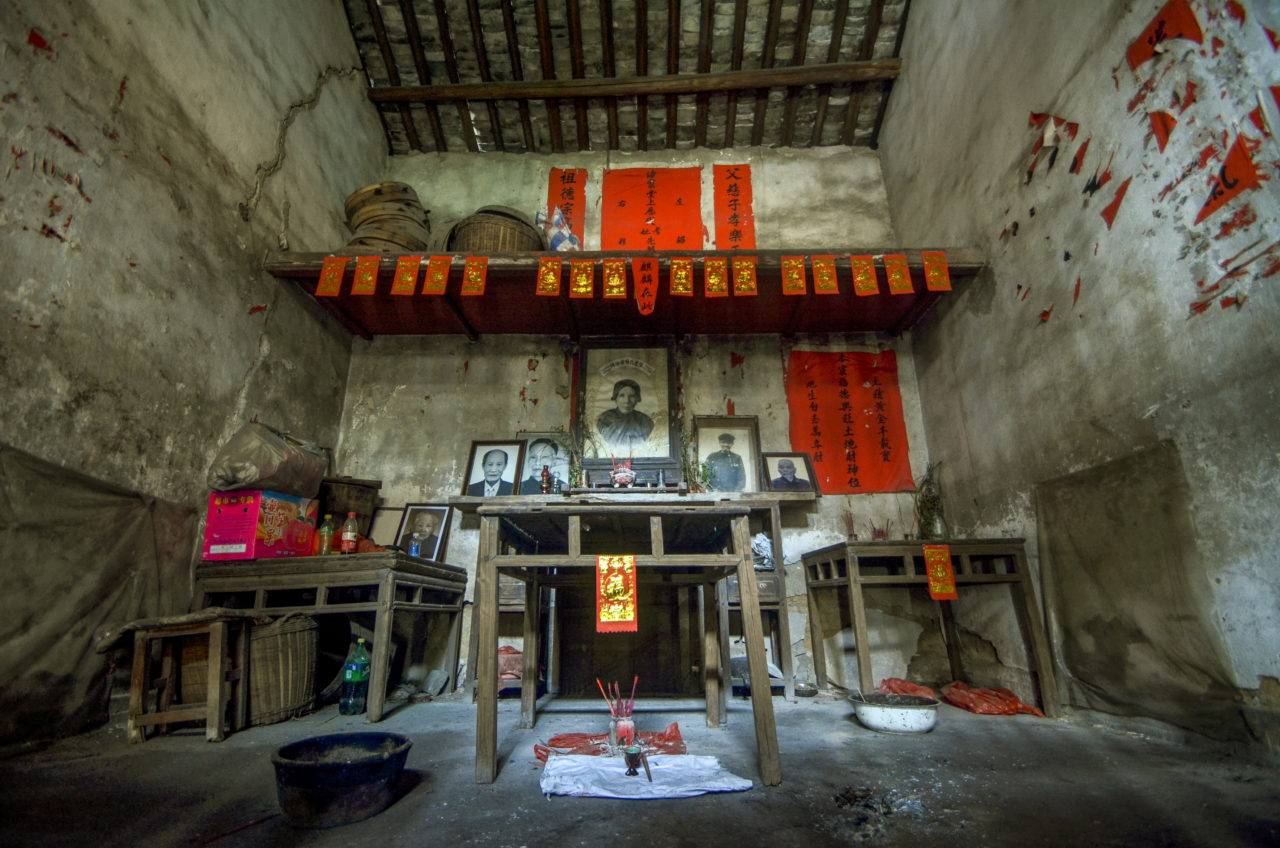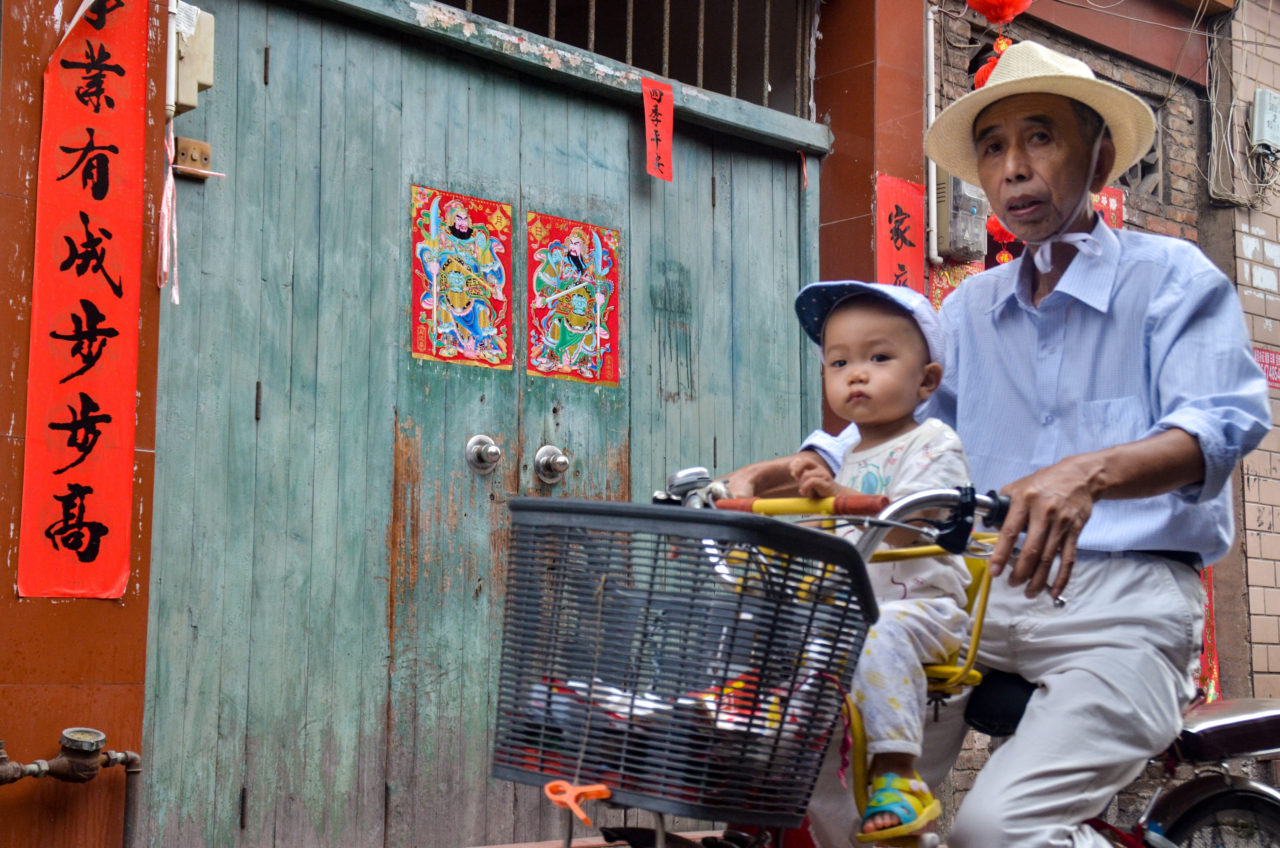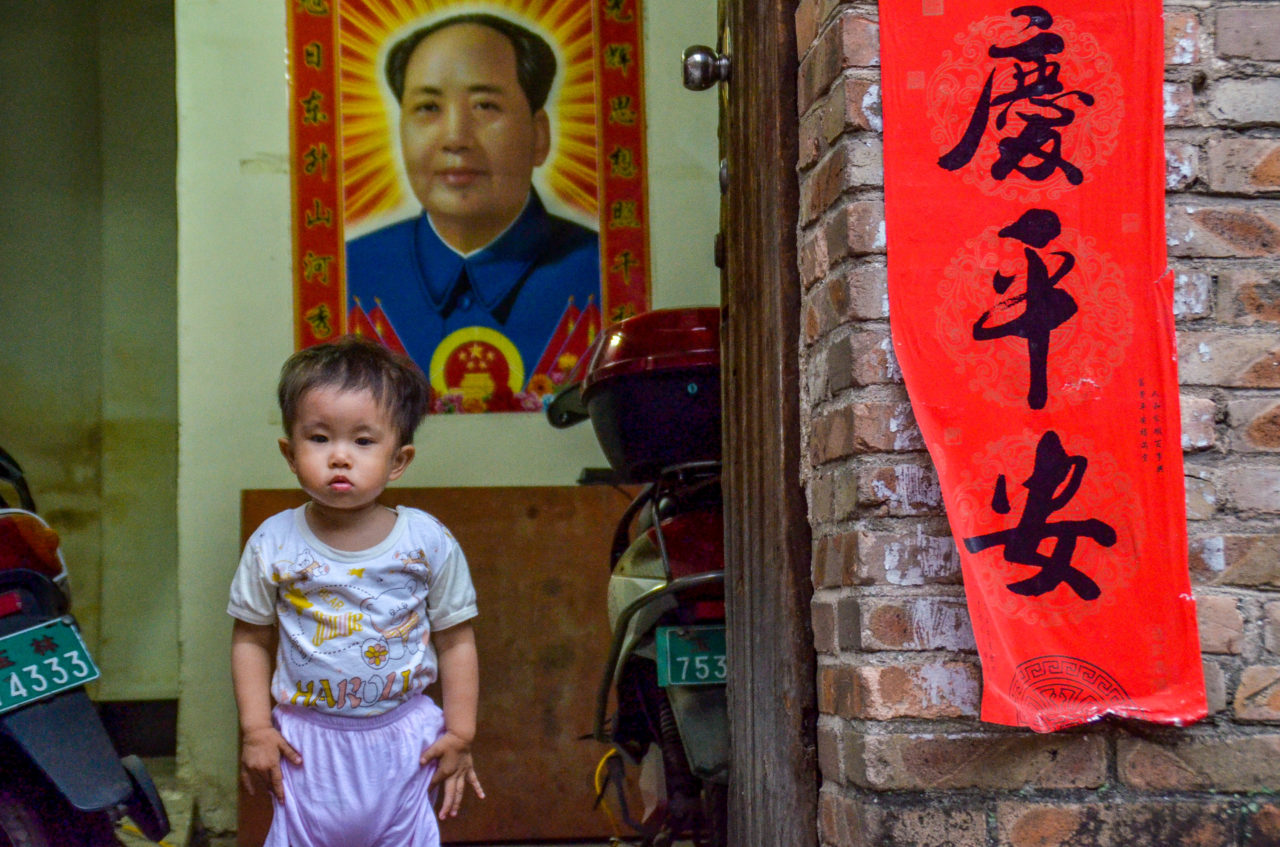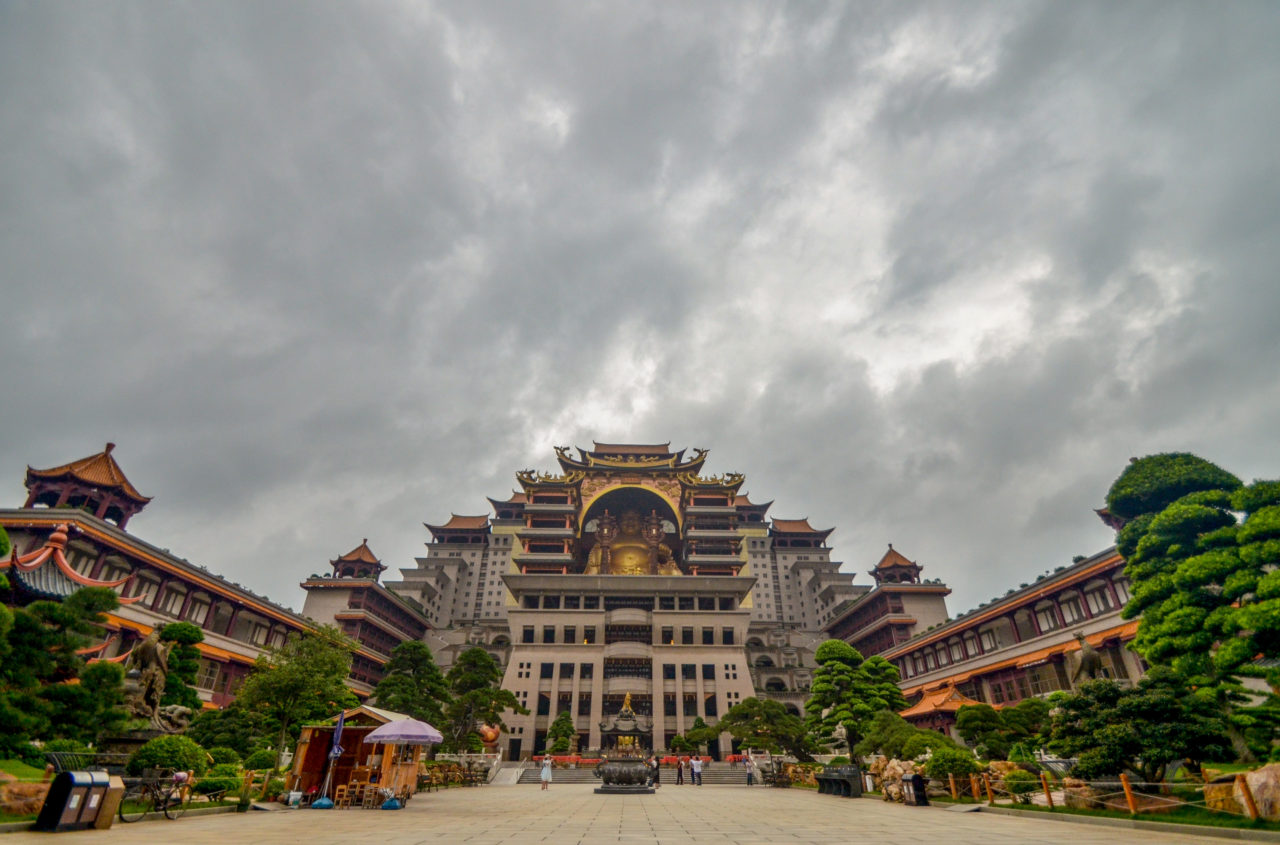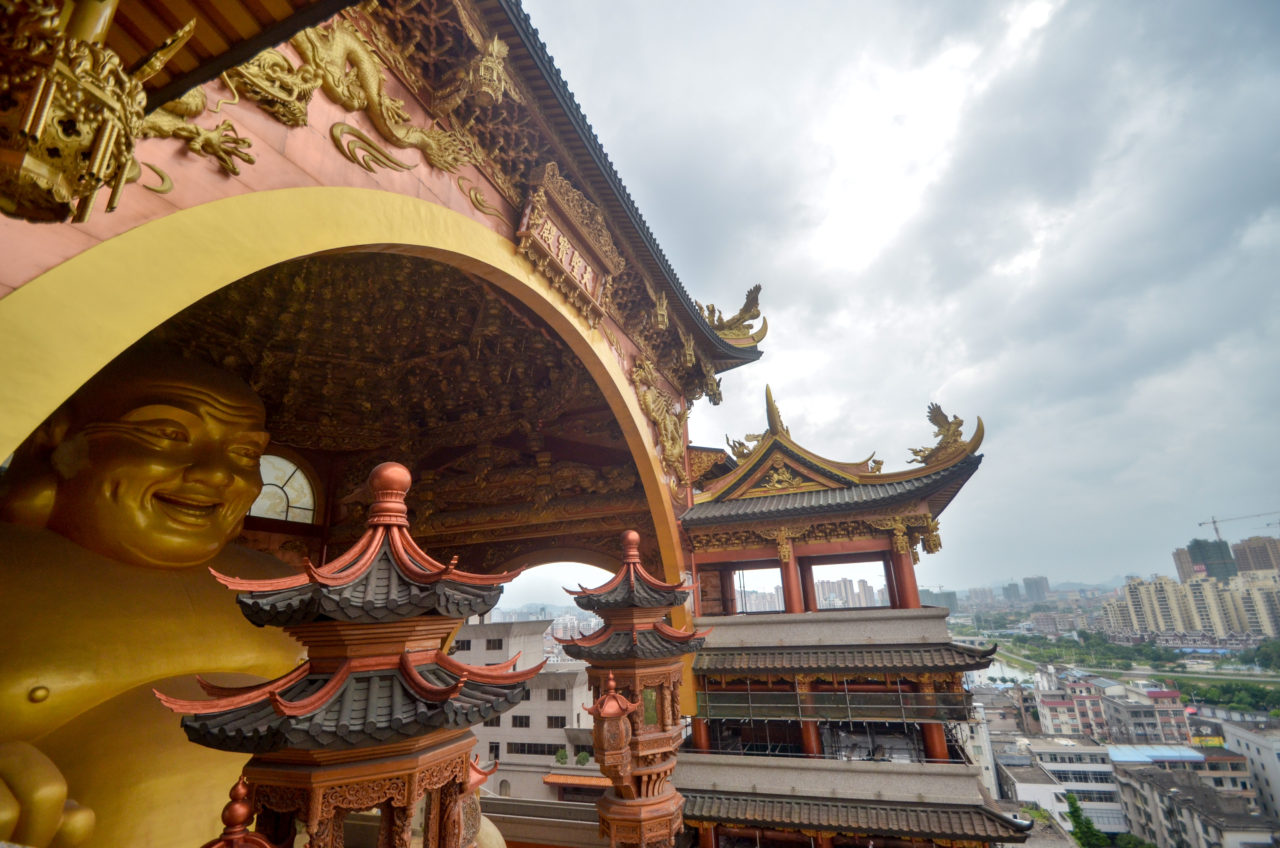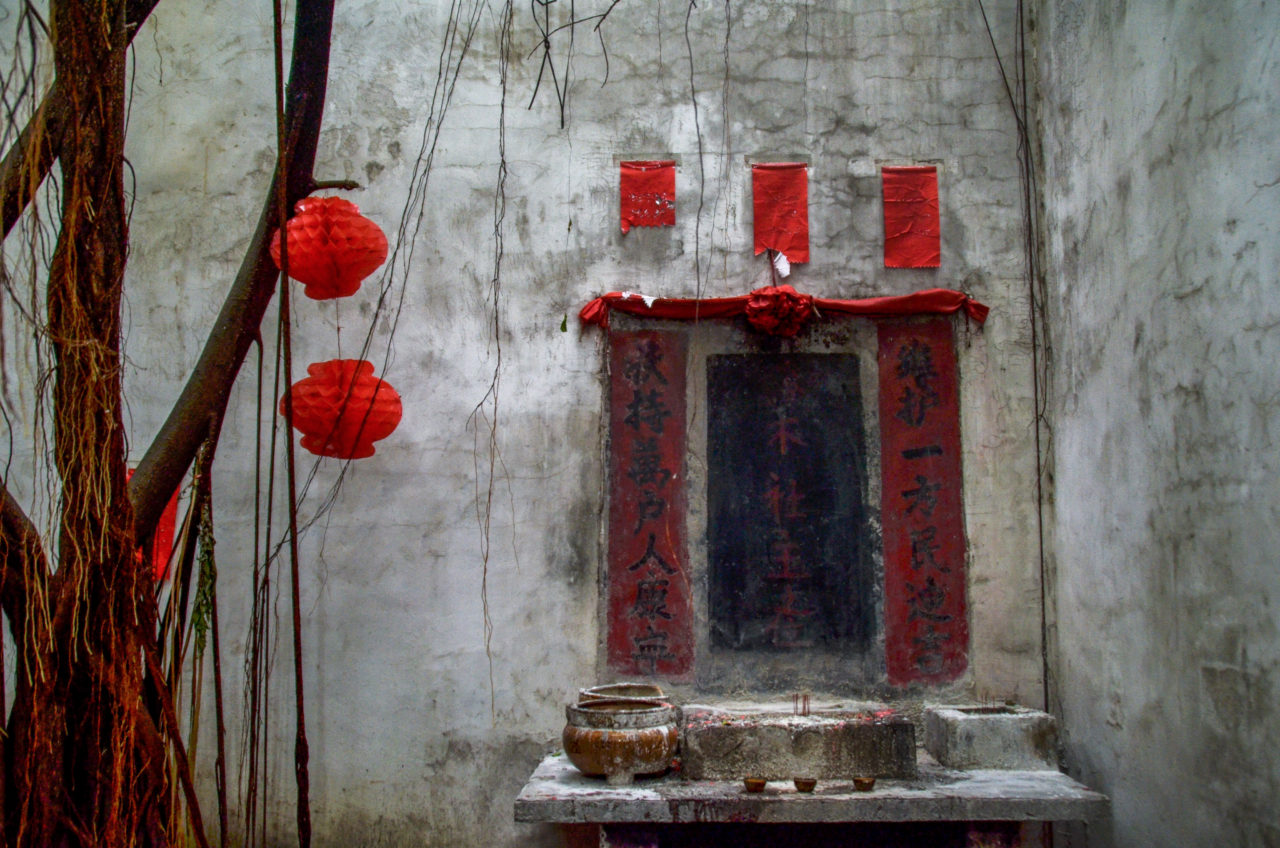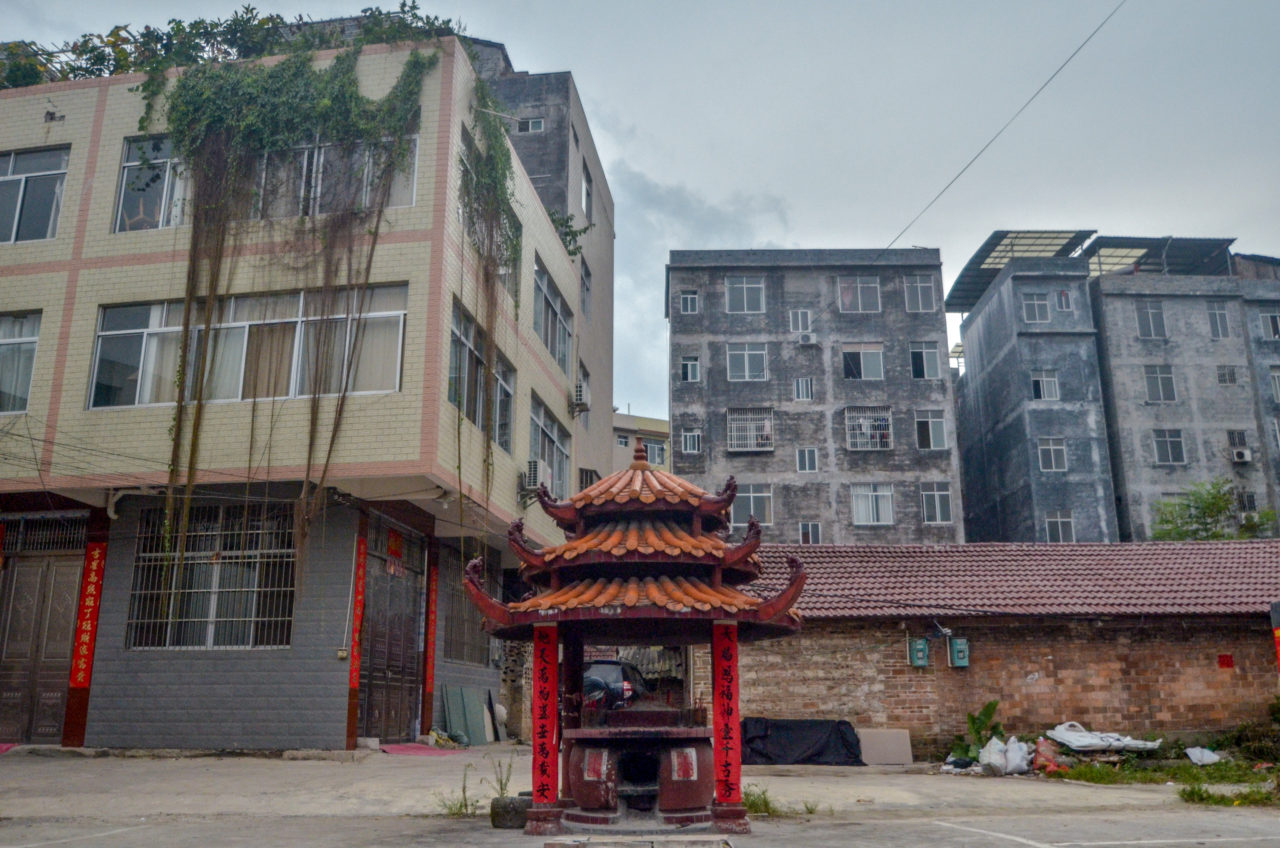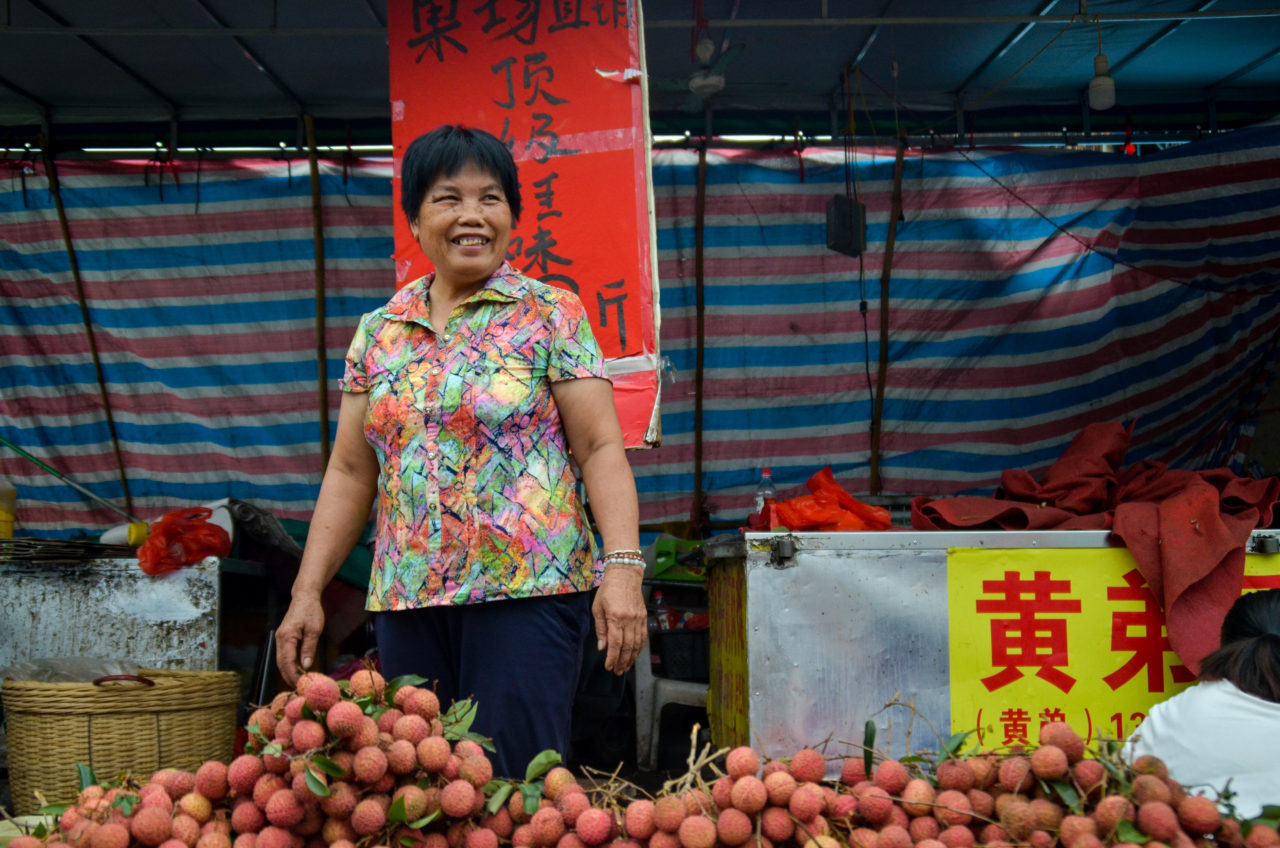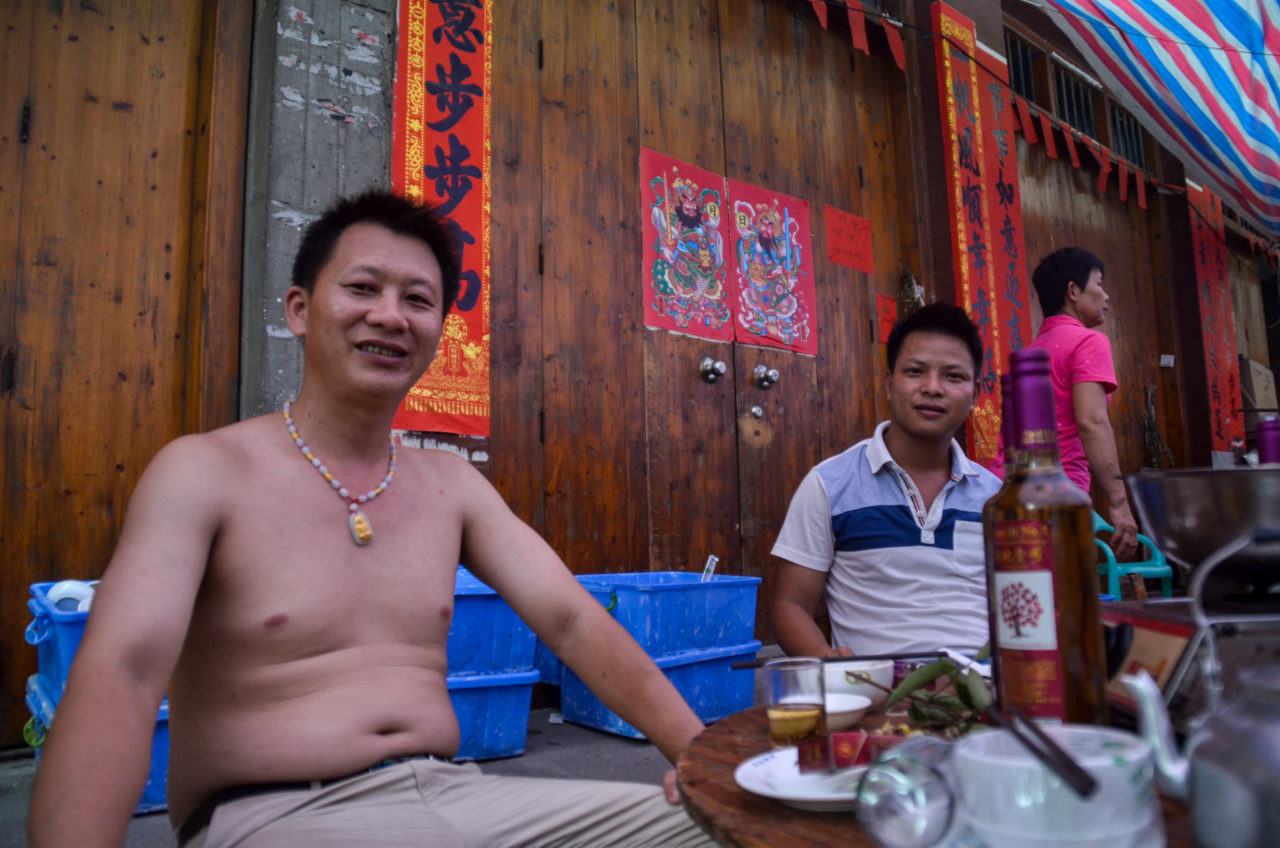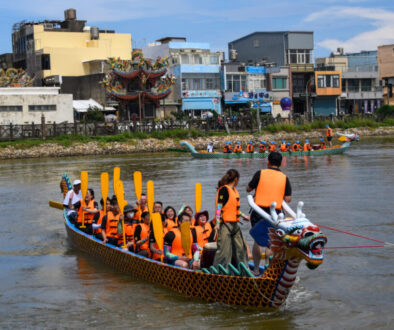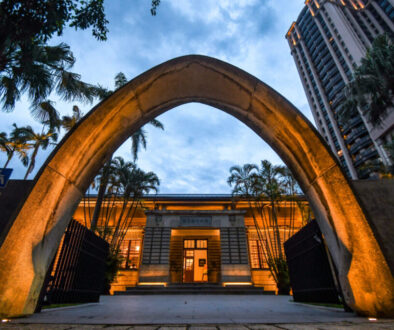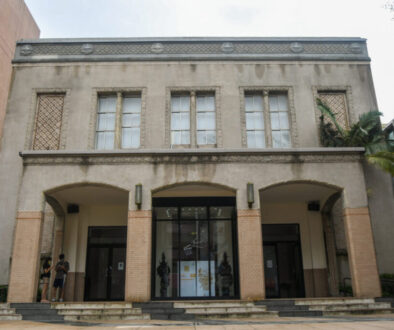What to do in Yulin, Guangxi
Yulin: More Than Just Dog Meat
Once a year, eyes from around the world zero in on a small town in Guangxi for the annual practice of eating dog meat for the summer solstice. Slogans such as “Stop Yulin” make their rounds throughout the internet, inspiring click bait heroes to share posts of tortured dogs to their pages in an attempt to prove their solidarity with other animal rights activists.
When stepping out of the train station in Yulin don’t expect the legs of your pants to be splattered with the blood of dogs that you’d think would be flowing down the streets. On the contrary, expect curious locals to invite you to tour ornate temples, share dinner outside of their homes, or even partake in a game of pool under the night sky. How could a people demonized for their mistreatment of animals for pleasure be so hospitable and welcoming to tourists?
You can read about the Yulin Dog Meat Festival here!
The Old District
In a typical Chinese fashion, the older districts of Yulin are being met with the wrecking ball, turning decades-old houses into nothing more than rubble.
Many of these older houses located on the Old West Road (老西街) only have a history spanning back forty years. While they stand as concrete reflections of a time when communist functionality was valued over aesthetics, many of these apartments and houses could be described as being quite dismal at best.
Despite the rather dreary facade of the buildings, there is still a sense of culture to the neighborhood. On the chipped bricks and smoky concrete walls, splashes of red couplets and slogans add a brilliant contrast to the winding alleyways, thus creating a beauty which is uniquely Chinese.
You can read more facts about Yulin here!
What makes any places special more so than the architecture, food or nature is the people. Among the older neighborhoods of Yulin elderly people with young children can be found lounging outside of their homes either enjoying a bite to eat or simply watching the world pass by.
Knowing that their city has a bad reputation abroad, many locals will greet foreign tourists by blurting out that they don’t support the consumption of dogs. This is very similar to how local Pamplonians in Spain will not partake in their yearly tradition of the Running of the Bulls. Like many places around the world, the people of Yulin have begun to accept a more progressive view on animal rights and oppose eating dogs.
Preserving Traditions
The Old West Road has more than just crumbling communist apartments. Traditional style homes with nostalgic open courtyards similar to the hutongs (胡同) in Beijing can be found with their commanding wooden gates opening out to the streets. While there are some families residing in these terracotta adorned relics of the past, many are left abandoned. The once romantic courtyards are now overgrown with weeds and littered with shattered glass. The most somber aspect of exploring these old homes is seeing the ancestors which are left behind. Portraits of once respected family members have their portraits left hanging in dimly lit shrines attached to the homes. With the demolition crew moving ever closer, it is heartbreaking to imagine these revered ancestor’s portraits being left smashed on the floor as the bulldozer comes barreling in.
You can read more about traditional Chinese courtyard houses or siheyuan here!
In the Shadow of Buddha
One of the few proper tourist sites within Yulin is the Yuntian Cultural City (云天文化城). This 21 story cultural center has a massive copper buddha with his beaming smile radiating across the city of Yulin. Surrounding the Buddha behemoth are extensive gardens which classical reflects the Chinese art of Feng Shui.
What the complex lacks in any historical relevance is made up by the sheer obscurity of the monument. With many drab, low laying apartments nearby, the Yuntian Cultural City sticks out like a sore thumb. With the building’s curved roofs and buddha’s watchful eyes gazing over the city as if looking to do battle with Godzilla, the sight makes for the perfect place to get some bizarre pictures and enjoy a stunning view of the city.
Timeless Spirits
While you may not find authentic culture at the culture city in Yulin, you will have to wander a bit off the beaten path to find the true gods that still reside in the underbelly of the city. In many cities throughout China, the shrines of city gods were the first religious monuments to be destroyed during the Culture Revolution. In large cities such as Beijing or Shanghai, you are more likely to run into a unicorn than stumble across an altar for the city spirits.
In general, the southern provinces of China hold more reverence for the gods of old therefore it is more common to find altars and shines scattered amongst the back alleys of the cities. Yulin is no exception. While many temples have been rebuilt after being demolished in the name of “progress” in the 1970s, they lack a certain hallowing feeling when stepping through the threshold. In the narrow alleys of Yulin, you will truly feel the presence of the gods whenever you discover a shrine tucked into the darkened corners of the city.
The Smiles of Yulin
Other than those looking to protest the dog meat festival, tourists may find little to do within the city of Yulin. When traveling to the city during the more sensitive times of the year (during the summer solstice) do not expect a warm welcome from the locals. Due to the exposure of the dog festival abroad, Yulin has been shamed by the international community, in turn, the locals themselves also feel persecuted. When visiting a meat market during this time be prepared for curses to be hurled and threats to be made.
Other than the meat markets doing the summer solstice, the people of Yulin are some of the most welcoming people in all of China. People will invite you into their homes and serve you the best Guangxi delicacies available. While the city will forever be plagued by its notorious dog meat festival, there is so much more to the city than this controversial tradition. There is hospitality, history, and culture which makes it stand apart from the rest of the cities in China.

